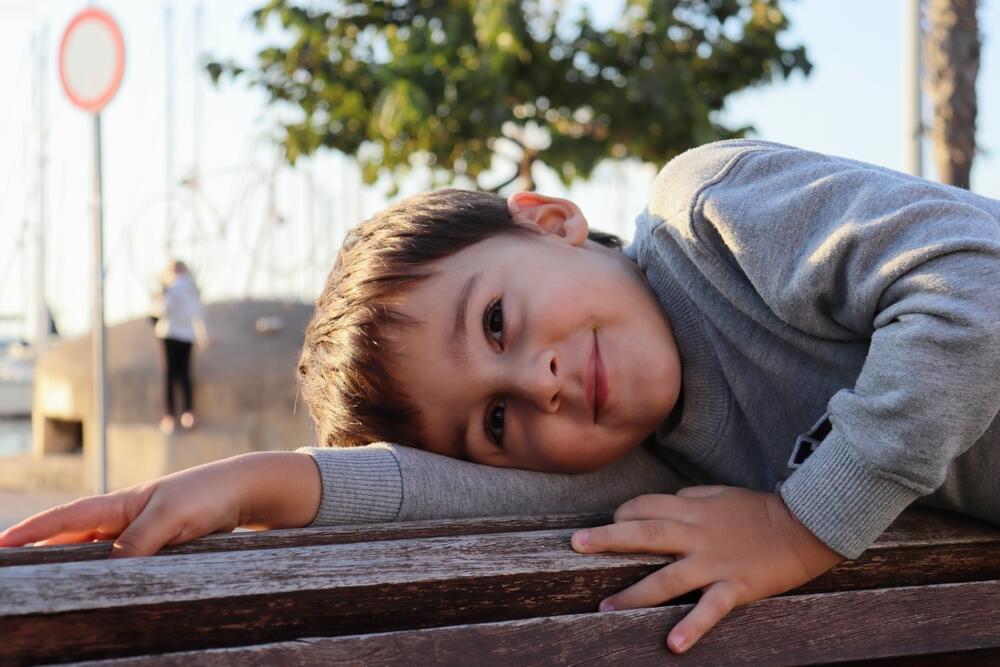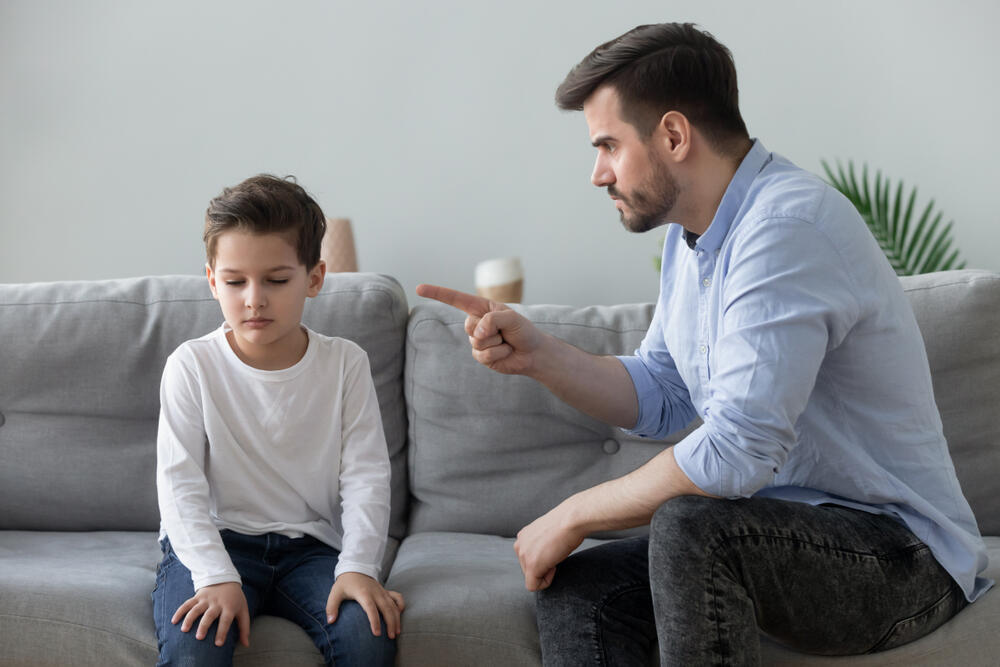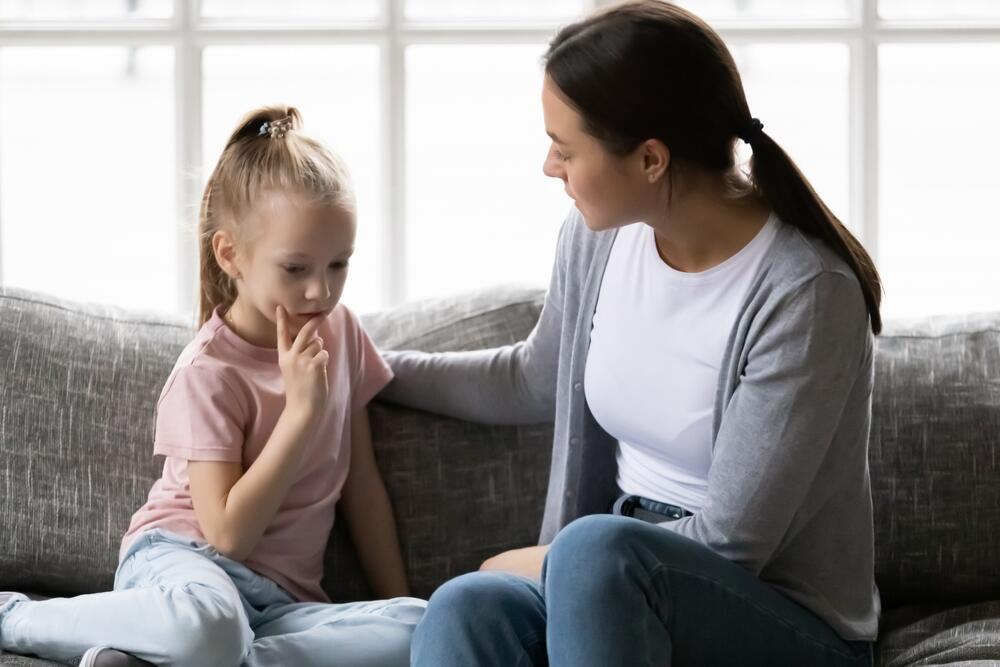Getting your Trinity Audio player ready...
Children lie for various reasons—to avoid punishment, enhance their image, seek attention or make their stories more compelling. Sometimes, they lie out of fear of disappointing their parents or to achieve a desired outcome.
It’s essential to distinguish between lies told by younger children and those by older ones (typically over age 7). Older children usually lie for more practical reasons, fully aware of the difference between truth and falsehood. They often lie to avoid punishment or negative consequences, improve their social standing and are more conscious of the impact of their lies.
A 2015 study published in Developmental Psychology highlights that the development of more sophisticated lying skills occurs gradually throughout childhood and adolescence, as children better understand others' perspectives, social motives and the consequences of their actions. Younger children (around age 7 and under), on whom we’ll focus here, often use imagination as part of their play and learning process. For them, lying can blur the lines between reality and fantasy, helping them distinguish between the two.
Think of lies at this age as natural developmental errors. Just as children learn to regulate emotions, communicate appropriately, and understand social norms, they also learn the value of truth and the consequences of lying. Lies at this stage typically do not stem from a desire to deceive or harm but from a natural exploration of the boundaries between reality and imagination.
How should parents respond?
Take a deep breath. The tone of our conversation is critical—we should remain calm and non-judgmental because we want to create a safe space without fear of a negative reaction. Discovering that your child has lied, especially when it’s your own child, can trigger a strong emotional response. Lies challenge a core value in our lives—trust and honesty—hitting us deeply. As a result, many of us tend to react with anxiety and view lying as a severe issue or even a deliberate betrayal. This can lead us to question our relationship with our child—why didn’t they tell us the truth?
It’s important not to overreact to lies. We must understand that lying isn’t typically about causing harm but rather a way to protect oneself or improve a situation. Our challenge as parents is to shift the focus from ourselves to our child.
We need to identify the need behind the lie and, once understood (with our child's help), provide alternative, more desirable ways to meet that need. For example, if a 6-year-old girl claims that the TV remote fell off the shelf by itself when she actually broke it, we can ask, "What do you think the remote would say if it could talk?" or "Sometimes things fall when we play; could something like that have happened with the remote? I’m here to help, not to be angry." Such questions create a safe space for the truth, allowing the child to maintain their dignity and address the fears or pressures that led to the lie in the first place.
Perhaps the child feared punishment or our anger if she told the truth. Maybe she was trying to protect herself from guilt or has difficulty taking responsibility. Our goal is to understand the child's underlying motive.
Our reaction matters
If we react dramatically to a lie—saying something like, "You’re lying to me? I know very well you broke the remote! How dare you lie?"—our child may feel it’s not safe to share difficult things with us. This reaction could worsen the situation, encouraging the child to lie in the future to avoid confrontation.
The focus may shift from telling the truth to not getting caught, which harms trust, communication, and our relationship with the child. We must convey that in our home, it’s okay to talk about anything, even when it’s uncomfortable or hard to share. Only by behaving in line with this message and responding calmly and supportively can we teach our children how to meet their needs truthfully.
So how should we respond? Manage our reaction to the lie. We don’t want to scold or confront our children about their lies; we want to give them a way to "climb down from the tree" and take responsibility for what they said. We should explain that we value honesty, even when it’s scary to tell the truth. When they do share things, both easy and difficult, we should remember to praise and thank them for being open with us.
And never, under any circumstances, should we call our children liars. A child telling a lie doesn’t mean they’re a liar—labeling them as such places them in a category they may feel compelled to fulfill. When we separate the behavior (the lie) from the child, it’s easier to respond with listening and open communication.
And what about us?
Do we lie? Parents serve as role models for their children. When parents lie, they teach their children that lying is an acceptable way to deal with problems or conflicts. It’s crucial to be aware of the impact of this behavior and strive to model truthfulness and transparency. Saying things like, "Don’t let your brother know you’re coming with us," or "The battery’s dead, give me the phone," or "The shot doesn’t hurt at all"—these are examples of well-meaning lies intended to protect our children.
However, it’s important to remember that a child who grows up in a home where lying and hiding the truth is normalized will likely continue these behaviors. They may cheat in games, struggle to trust others, have difficulty in relationships, and face challenges in making moral decisions and expressing emotions.
So, ask yourself: what kind of relationship do I want with my child? If trust is a key value for you, I recommend telling the truth in a way that fits the situation and the child’s age, even when it’s challenging.
- The author is a mother, parenting coach, organizational consultant and mediator.




